-
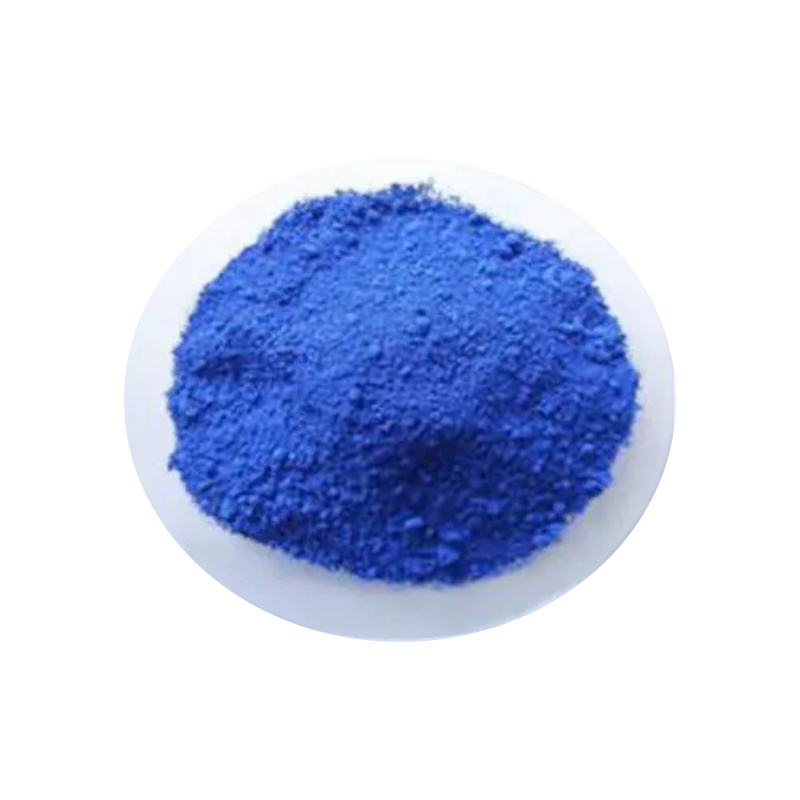 India Phthalocyanine Pigment Blue 15:4
India Phthalocyanine Pigment Blue 15:4 -
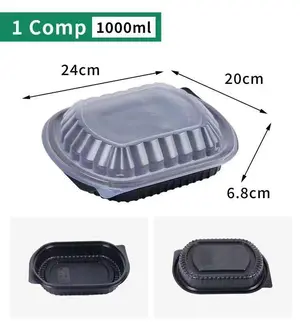 Single compartment (cover with hole)
Single compartment (cover with hole) -
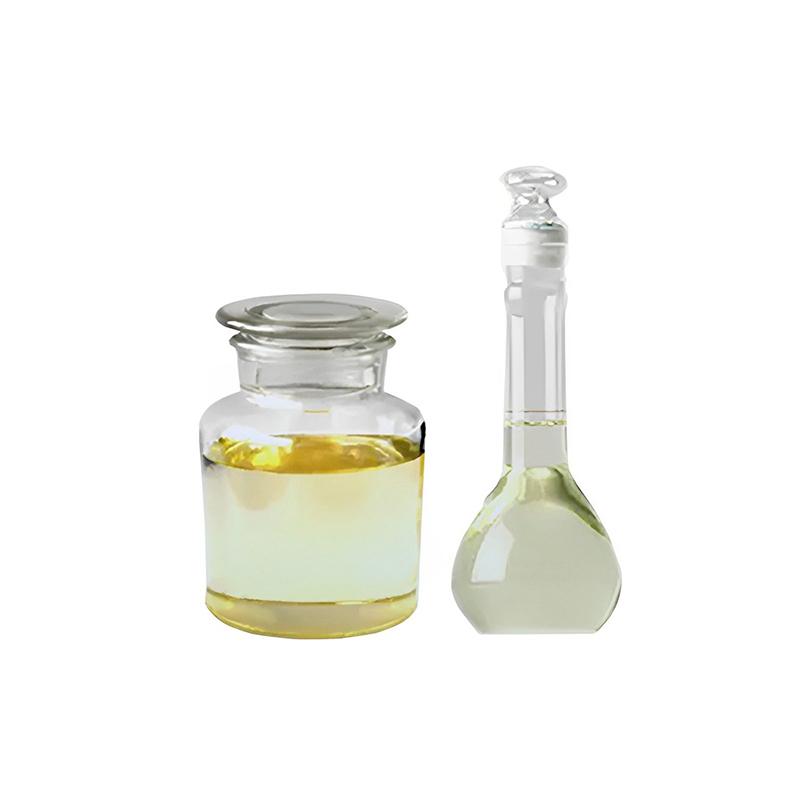 TITANIUM TETRACHLORIDE In 25mt net ISO tank
TITANIUM TETRACHLORIDE In 25mt net ISO tank -
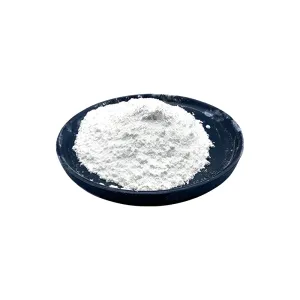 Food Grade MSM 99% powder
Food Grade MSM 99% powder -
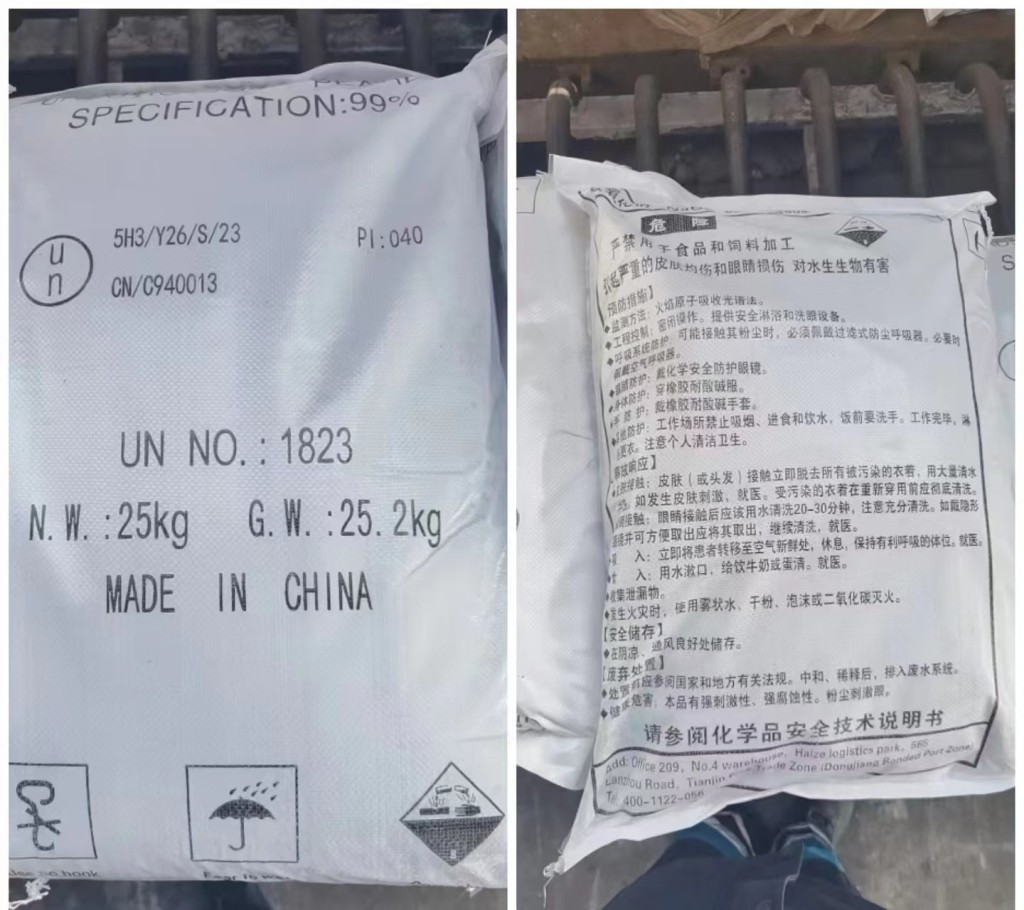 CAUSTIC SODA PEARLS
CAUSTIC SODA PEARLS -
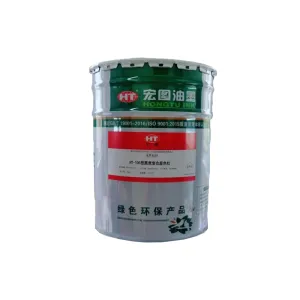 Original Green Hongtu Brand HT-105 Environmental Friendly Regular Compound Printing Ink
Original Green Hongtu Brand HT-105 Environmental Friendly Regular Compound Printing Ink -
 Ultrafine Strong Covering 6000Mesh Calcined Kaolin
Ultrafine Strong Covering 6000Mesh Calcined Kaolin
Q
who makes military vehicles
The Industrial Evolutionist. Capturing how industries are evolving with technology and innovation.
Vehicles made by GrandGrandGrand Wagoneers.
You May Like
Yarn Group E refers to a classification within the yarn weight system, which categorizes yarns based on their thickness and the gauge of knitting or crochet they are best suited for. This specific group generally includes bulky or chunky yarns that work well for quick projects and warm, thick items like blankets, scarves, and hats. The yarns in this group are typically recommended for use with larger needles or hooks, around 9mm to 12mm in size. Yarn weights in this category can be ideal for beginners due to the rapid progress possible with such thick yarn, and they also offer a satisfyingly tactile experience for crafters of all levels. Projects made with Group E yarns are cozy, making them perfect for colder weather.
Beta nucleation of polypropylene is a technology used to enhance the mechanical properties and processing characteristics of polypropylene (PP). By introducing specific nucleating agents, the crystalline structure of PP can be modified to form a beta-phase, alongside the more common alpha-phase. This beta nucleation process results in improved impact resistance, higher flexibility, and better stress-crack resistance, making it highly beneficial for applications requiring tougher materials, such as automotive parts, industrial containers, and packaging materials. Additionally, beta nucleated PP can exhibit better clarity and reduced warpage, enhancing its usability in a wide range of manufacturing processes. The technology behind beta nucleation involves the selection of suitable nucleating agents and the optimization of processing conditions to promote the formation of the beta-phase without sacrificing the material's inherent properties.
Polypropylene, a thermoplastic polymer, offers numerous advantages, making it popular across various industries. Firstly, it has excellent chemical resistance, meaning it doesn't react with water, detergents, acids, or bases, which is crucial for packaging and containers. Secondly, it's lightweight yet possesses high tensile strength, ensuring durability while being easy to transport. Polypropylene is also resistant to fatigue, an essential feature for reusable components in consumer products and automotive parts. Additionally, it's non-toxic, making it safe for food storage. Its low cost combined with these properties provides an affordable option for both manufacturers and consumers. It's also recyclable, aligning with growing environmental sustainability concerns. Lastly, its ability to be easily molded allows for versatility in design and application, further increasing its utility across different sectors.
You May Like
Q&A
- •bonding in titanium metal
- •photocatalytic activity of titanium dioxide modified concrete
- •does low density polyethylene contain bpa
- •is titanium dioxide safe for coral reefs
- •how to tell if plastic is polypropylene
Popular Information
- •China PVC Market Rises rapidly and Future Market is Expected (August 17-21)
- •INEOS Inovyn expands its PVC product range solutions for carbon neutrality and circularity
- •This Week, the Price of Flake Caustic Soda Was Weak (January 22-26)
- •Specialty chemicals price trend in Sept 21: ICICI Securities
- •Andhra Sugars planning caustic soda expansion









